Much of the debate over the Tax Cuts and Jobs Act focuses on whether Congress favors rich corporations over poor people, but what about poor corporations?
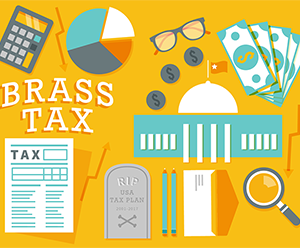 So asks an expert on tax law at Washington University in St. Louis, who believes a corporation losing money — even perhaps due to a natural disaster — could get hurt a second time by the new tax laws.
So asks an expert on tax law at Washington University in St. Louis, who believes a corporation losing money — even perhaps due to a natural disaster — could get hurt a second time by the new tax laws.
“Of course, phrased this way, the question can (and should) come across as more than a little flippant, but looked at more seriously, the issue can actually be quite important,” said Adam Rosenzweig, professor of law and an expert on federal income tax and tax policy.
“Consider a publicly traded corporation that suffered real losses over a short time, say during the early years of the Great Recession or due to Hurricane Harvey or Maria, but just recently started to earn a profit again,” Rosenzweig said. “As a general matter, the tax law allows these corporations to subtract those old losses, called ‘net operating losses’ or NOLs, from their current profits, reducing their taxable income and thus lowering their tax bill.

“Corporations include these expected tax savings on their balance sheet, called a ‘deferred tax asset.’ For some corporations, the deferred tax asset can be the single-most valuable asset they own.”
So what now?
“The new law not only cuts the corporate tax rate to 21 percent from 35 percent, but also caps the amount of NOLs that can be used in any year,” Rosenzweig said. “For public corporations with taxable income, they will almost certainly save money in taxes. But for companies with large deferred tax assets, they just lost 14 percent or more in the value of one of their largest assets overnight.
“By comparison, if the Dow Jones Industrial Average dropped 14 percent in one day, it would be the second-largest drop in history, bigger even than the one that preceded the Great Depression in 1929,” Rosenzweig added. “And this isn’t just small amounts of money or companies that nobody has ever heard of.
“Citigroup’s deferred tax asset is reportedly over $45 billion, and General Motors is reportedly over $35 billion. Remember, these NOLs exist primarily because these companies lost real money. In other words, rich corporations get a windfall at the expense of poor corporations. While maybe not the intent, it sure sounds like kicking someone when they’re down.
“From that perspective, the next time you hear people debating winners and losers in the new tax bill, don’t forget to mention the poor corporations,” Rosenzweig said.
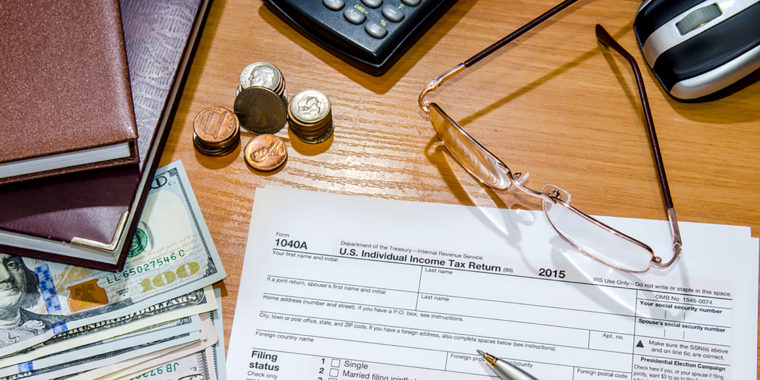
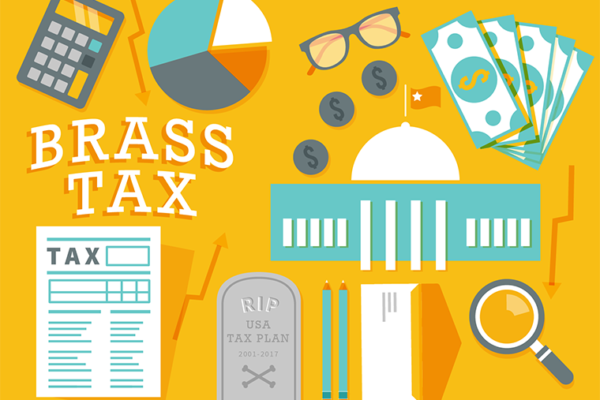
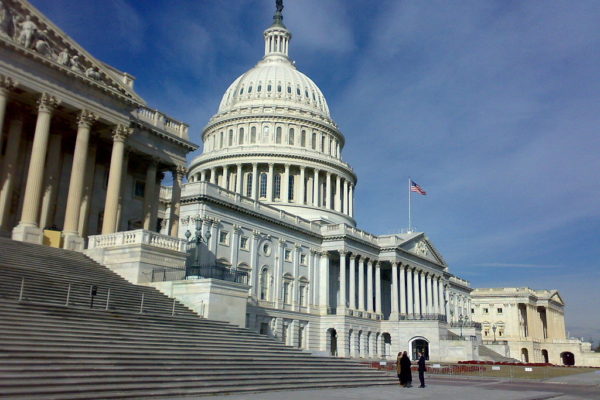
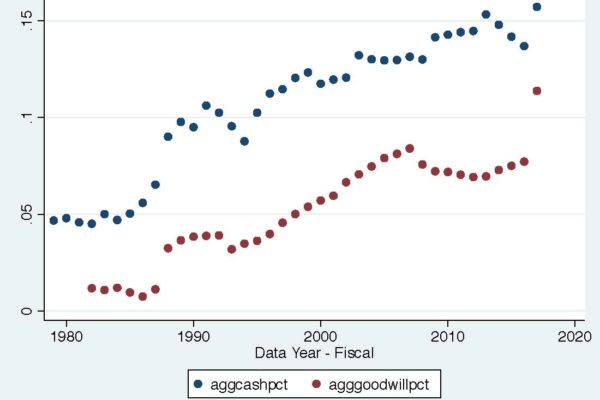
Comments and respectful dialogue are encouraged, but content will be moderated. Please, no personal attacks, obscenity or profanity, selling of commercial products, or endorsements of political candidates or positions. We reserve the right to remove any inappropriate comments. We also cannot address individual medical concerns or provide medical advice in this forum.